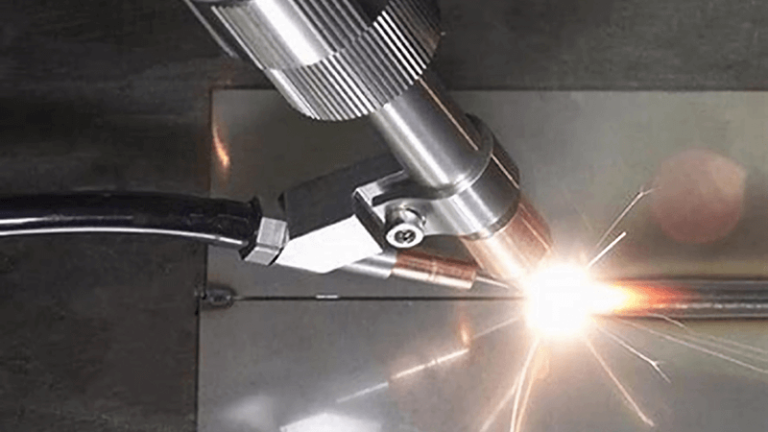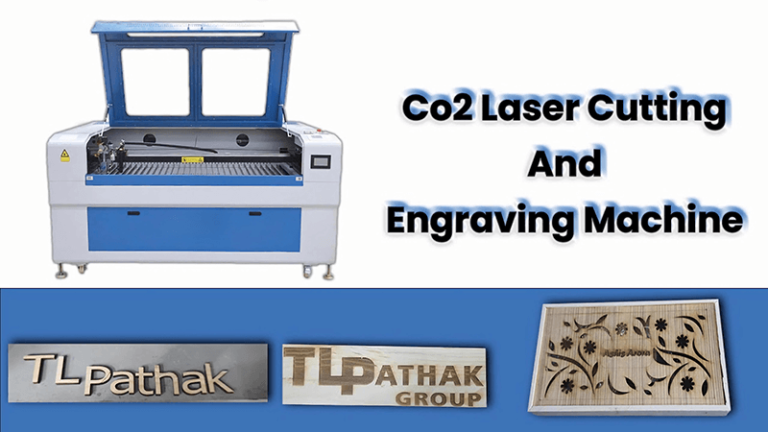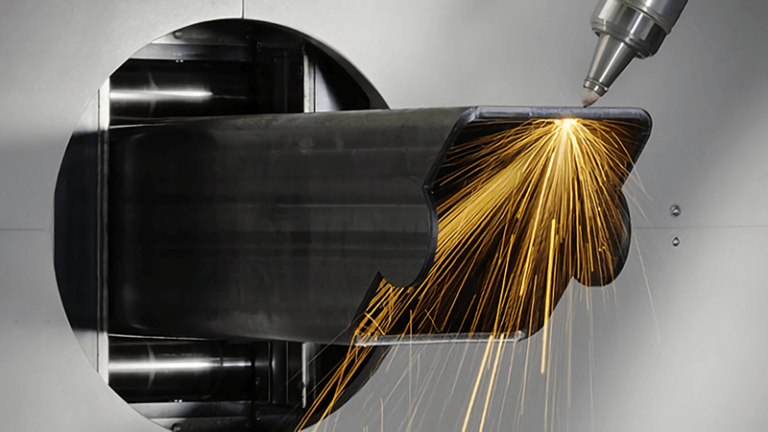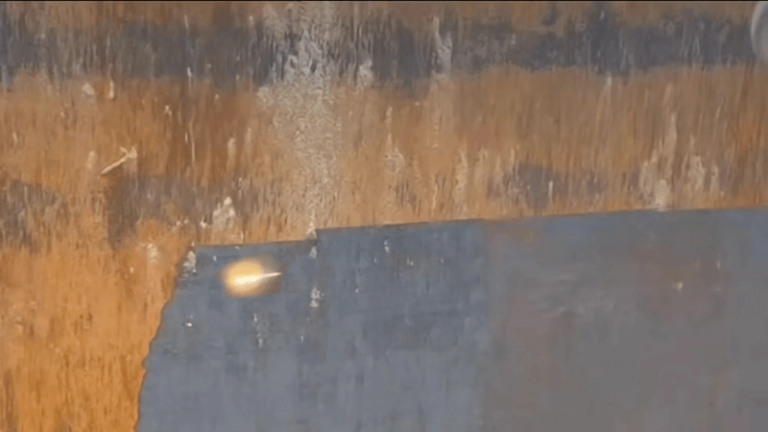When rust starts showing up on tools, it feels like a slow death for your gear. You try scrubbing, soaking, or spraying—but it either takes forever or leaves marks. That’s where laser cleaning comes in.
Laser cleaning removes rust faster and more precisely than traditional methods. It’s contactless, chemical-free, and preserves your tools’ integrity. If you need clean, sharp tools that last, this is the tech you want.
Keeping tools clean isn’t just about looks. It's about performance, lifespan, and saving money long-term. If you're in any industry where tool quality matters—automotive, aerospace, manufacturing—knowing your best option for rust removal is crucial. Let’s break it down.
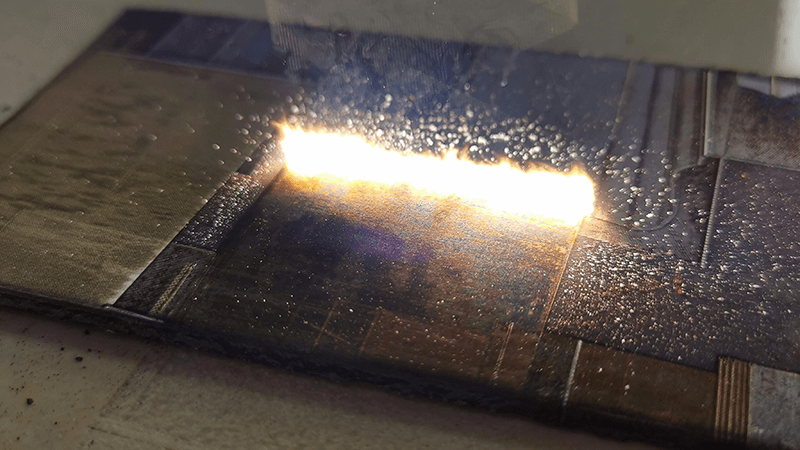
What is the fastest way to remove rust from tools?
Scrubbing by hand or dipping in vinegar might work, but let’s face it—it’s slow and inconsistent. When speed matters, laser cleaning leaves the competition in the dust.
Laser cleaning is currently the fastest way to remove rust from tools, especially for industrial-scale needs. It strips away oxidation instantly without pre-treatment, minimizing downtime and increasing throughput.
Why speed matters
In industries like automotive repair or metalworking, time is money. A client of ours once spent an entire afternoon manually removing rust from their torque wrenches. After adopting a Kirin Laser handheld unit1, they cut that time down to under 10 minutes. Multiply that across 100+ tools, and the ROI2 is instant.
Manual vs. Laser: A Speed Comparison
| Method | Avg. Time per Tool | Risk of Damage | Skill Level |
|---|---|---|---|
| Sandpaper | 15–20 mins | High | Low |
| Vinegar Soak | 6–12 hours | Medium | Low |
| Wire Brush Drill | 5–10 mins | Medium–High | Medium |
| Laser Cleaning3 | 1–2 mins | Low | Low |
Laser cleaning doesn’t just speed up the job—it standardizes it. No missed spots. No accidental scratches. No post-cleanup mess. That’s what makes it ideal for high-throughput operations and sensitive applications.
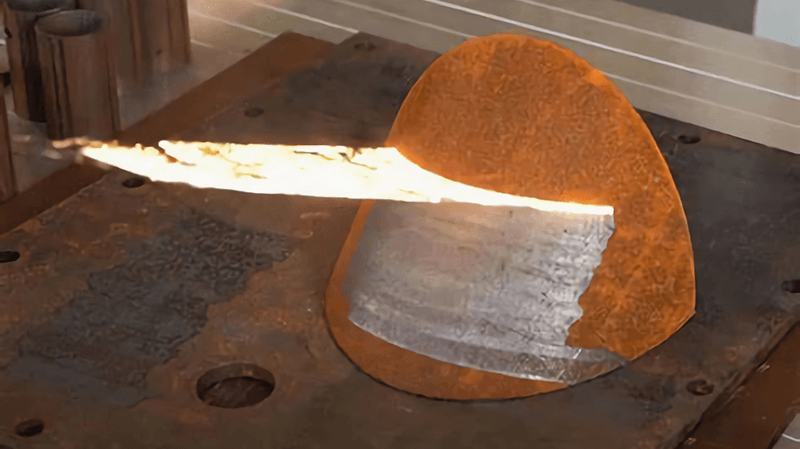
What is the best rust remover for old tools?
Old tools often have more than just rust. They’ve got grime, oil, and maybe even sentimental value. You don’t want to damage the surface or compromise the shape. This is where laser cleaning really shines.
The best rust remover for old tools is a precision-controlled laser cleaner. It lifts rust layer by layer without damaging the metal underneath, making it safe for antique or high-value tools.
Preserving character without compromising function
I remember working with a distributor who specialized in restoring vintage mechanical tools for aerospace heritage centers. They needed a way to clean off decades-old rust without affecting serial numbers or machining details. We set them up with a 100W portable laser cleaning unit. The result? Surface restoration without a scratch.
Key Benefits for Old Tools
✅ Precision
Laser beams can be dialed in to micron-level accuracy. That means you can strip away oxidation while leaving engravings untouched.
✅ Dry Process
No chemicals, no acids, no need to worry about cleaning up hazardous residues or dealing with fumes.
✅ Low Heat
Unlike abrasive or thermal methods, laser cleaning produces minimal heat. That keeps the metal structure stable—especially important for tools made with older alloy compositions.
| Feature | Chemical Soak | Sand Blasting | Laser Cleaning4 |
|---|---|---|---|
| Surface Safety | Low | Low | High |
| Eco-Friendly5 | No | No | Yes |
| Detail Preservation | Poor | Poor | Excellent |
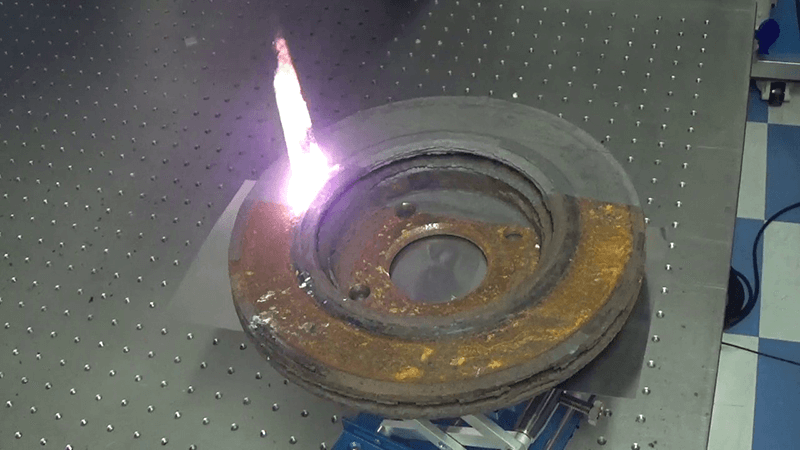
How to make rusty tools look new?
Restoring tools is one thing—making them look fresh out of the box is another. Laser cleaning not only removes rust but can also prepare surfaces for coating or resale.
Laser cleaning makes rusty tools look new by stripping rust cleanly and evenly, leaving behind a smooth metal finish. It also creates a perfect surface for recoating, painting, or rebranding.
A fresh start for resale or internal use
A tool supplier we work with handles large-scale returns and resale of factory surplus. They use Kirin Laser's bench-top models to clean and prepare tools before rebranding. Not only does it improve visual appeal, but it also increases resale value. A once-rusted wrench now looks like it came from the original factory line.
How laser cleaning creates a “like-new” finish
Surface Texture Control
By adjusting the beam’s frequency and speed, you can smooth out oxidation without leaving surface etching6 or rough patches.
Recoating Compatibility
Laser-cleaned surfaces7 are ideal for powder coating or applying anti-corrosion layers. This ensures long-term protection while maintaining the visual upgrade.
Branding Restoration
Some clients use lasers to not only clean but re-etch logos8, serial numbers, or QR codes—giving refurbished tools a professional finish.
| Finish Factor | Before Cleaning | After Laser Cleaning |
|---|---|---|
| Visual Appearance | Rusty/Dull | Metallic/Shiny |
| Surface Smoothness | Rough | Smooth |
| Brand Visibility | Faded or Hidden | Restored and Clear |
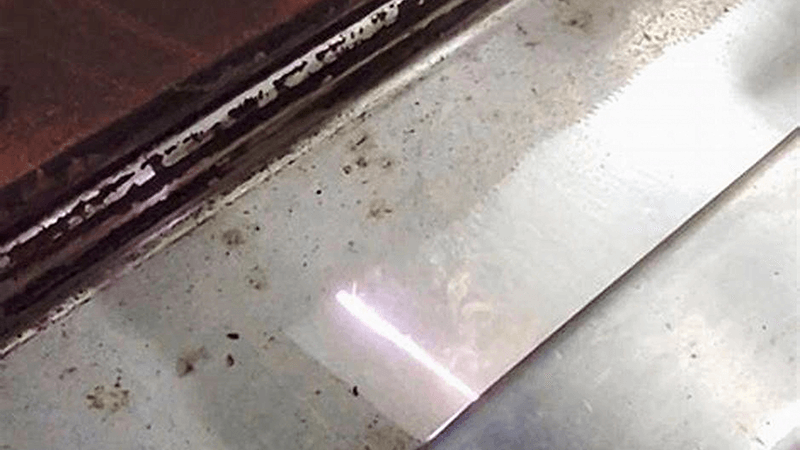
How to clean old dirty tools?
Dirt, oil, carbon build-up—it’s not just rust that ruins tools. Laser cleaning solves the full spectrum of contamination, even in hard-to-reach areas.
To clean old dirty tools, use laser cleaning to remove oil, dust, carbon, and rust in one go. It’s effective for both metal and coated surfaces, without solvents or disassembly.
One process, multiple contaminants
Most cleaning solutions only handle one type of contamination. Degreasers work for oil. Acids work for rust. But mix the two, and the process gets messy. That’s where lasers simplify everything.
Industrial Results Without Industrial Headaches
A manufacturing plant client of ours used to run a multi-stage cleaning line—solvent wash, ultrasonic tank, and manual brushing. After we integrated a 200W Kirin Laser system9, they cut the process to a single step, saving on labor, chemicals, and utility bills.
How lasers handle the mess
Built-In Selectivity
Laser cleaning systems can distinguish between rust, oil, and metal. That means they’ll burn off what you don’t want, and leave behind what you do.
No Wear-and-Tear
Unlike brushes or media blasting, lasers never touch the tool. That means you’re not eroding the surface while trying to clean it.
Easy to Use
Handheld laser cleaners come with presets for different materials and contamination types. Even a first-time user can get professional results.
| Contaminant Type | Traditional Method | Laser Cleaning |
|---|---|---|
| Oil | Solvent Soak | Beam Evaporation |
| Rust | Wire Brush | Layer Removal |
| Carbon Buildup | Blasting | Targeted Burn-off |
| Dirt/Dust | Wipe/Blow-Off | Instant Cleaning |

Conclusion
Laser cleaning10 is no longer just a fancy new method—it’s the new standard for tool restoration and rust removal. Whether you're a repair shop, reseller, or manufacturer, it's faster, cleaner, and more precise than anything else out there. At Kirin Laser, we’ve seen firsthand how it improves tool quality, saves time, and eliminates unnecessary waste. If your tools matter to your business, laser cleaning is a smart, long-term investment.
-
Explore how the Kirin Laser handheld unit can revolutionize your cleaning process and save you time and money. ↩
-
Learn how to effectively calculate ROI for different cleaning methods to make informed decisions for your business. ↩
-
Discover the advantages of Laser Cleaning over traditional methods and how it can enhance efficiency in your operations. ↩
-
Explore how laser cleaning can effectively restore vintage tools while preserving their details and integrity. ↩
-
Discover the eco-friendly aspects of laser cleaning and its advantages over traditional methods. ↩
-
Learn about surface etching and its impact on material quality and aesthetics in various applications. ↩
-
Explore how laser cleaning enhances surface quality for better adhesion in powder coating applications. ↩
-
Discover the advantages of using lasers for re-etching logos and enhancing brand visibility on refurbished tools. ↩
-
Learn about the 200W Kirin Laser system and how it can streamline industrial cleaning operations. ↩
-
Know about laser cleaning machine and laser cleaning solution from Kirin Laser, and click this link to get all you need. ↩


